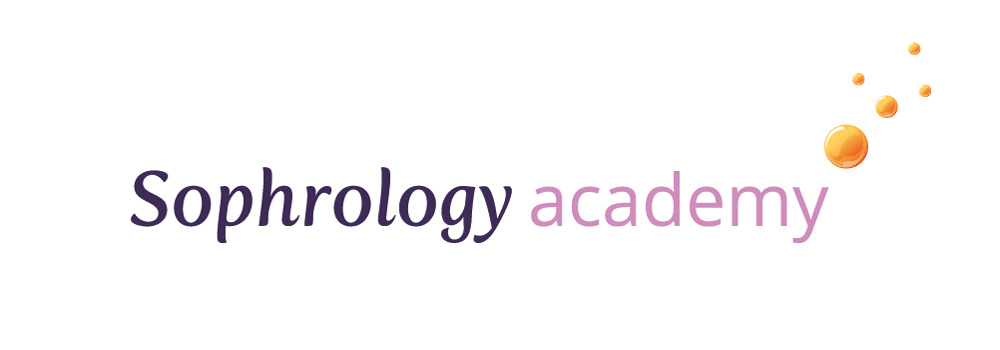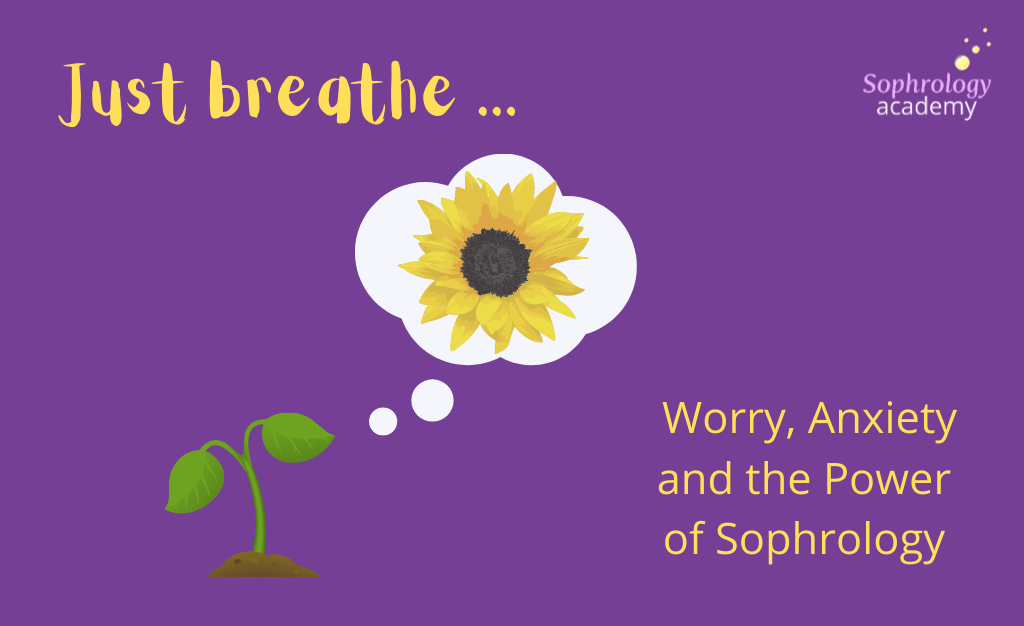We are born worriers as humans! From small niggles that occasionally distract, to crippling anxieties that take over our lives – we all experience them at some point. But, despite the bad reputation, worry and anxiety are natural emotions – and are, in fact, part of our basic survival tool kit, which alerts us to the fact that ‘something’s not right’ … prompting us to act on it.
However, anyone who has tossed and turned with ‘worst case scenarios’ that they can do nothing about at 3am in the morning, knows that this is not always the case! The difficulties arise in how we manage – or rather, don’t manage how we respond to negative emotions and sensations. When we get anxious, we breathe rapidly, adrenaline is pumped around our body, and we find ourselves on ‘high alert’, with the body ready to ‘fight or flee’ – hardly conducive to a good night’s sleep!
Where shallow, rapid breathing might once have given us a fighting chance against a sabre-toothed tiger, it’s actually thought to be detrimental to our far more sedentary (and tigerless) way of life, where fighting and fleeing are rarely required. Controlling our breathing is a key first step to overcoming these feelings of anxiety.
Breathing your way into a Peaceful State
Fortunately, the techniques used in Sophrology lend themselves well to the worries and anxieties of the modern world. With gentle breathing exercises, we learn to reestablish our natural breathing pattern, which signals to the brain that ‘everything’s ok’. We focus our awareness on our bodily sensations, becoming better able to describe our experience of the physical processes at play when we become anxious. Being able to recognise what’s going on in our body enables us to take action earlier to restore balance and to head off the more debilitating effects of anxiety before it’s in full flight.
In this way, Sophrology helps us prepare to shift into the correct state of mind needed to take positive action. We do this by using a combination of dynamic relaxation, meditative and mindfulness techniques as well as visualisation practices. And, as it becomes easier to observe our experiences without judgement and interpretation, we learn to respond to our feelings of anxiety with a calm mind, relaxed body, and natural, slow breath.
More to breathing than you think!
Feeling anxious is not the only time that we tend to over-breathe – we typically do this as an attempt to calm ourselves down, taking deep, full breaths, believing that this will bring more oxygen to the body. However, this can actually be harmful, as we take in too much oxygen, reducing the amount of carbon dioxide in our blood and leaving us dizzy, lightheaded, and mentally, a little fuzzy – often increasing, rather than reducing, our feelings of anxiety.
Where we breathe from is also very important, according to renowned author and Buteyko Breathing Practitioner, Patrick McKeown. In his work, he explains that breathing through the mouth (as opposed to nasal breathing) can significantly impact our bodies, our sleep and our mental health (a continually open jaw can even alter the structure of our face!). Working with many anxiety-related conditions, Patrick suggests, in line with the Sophrology method, that we can reduce anxiety by breathing less, not more – using breath holds on empty lungs which actually help to improve oxygen absorption.
Forcing a breathing pattern or a supposed ‘right way’ to breathe can be counterproductive and even harmful. In Sophrology we start with becoming more aware of our breathing and how it is happening. Where is the movement, how long is each breath, where can we sense air entering and leaving the body? We discover how to release tension in the body, allowing for freer and fuller movement of the diaphragm and respiratory muscles. Then, experimenting with controlled breathing using breath holds, we slowly and gently allow the body to find its own natural healthy balanced breathing pattern again..
Anxiety and Covid-related Conditions
One of the after-effects of the pandemic on a societal level is a growing prevalence of mental health issues – and with that, an increasing demand for safe and effective therapies. The popularity of the Sophrology method has been gaining ground as a result, and the techniques it uses are being recognised for their efficacy in improving wellbeing. In fact, the National Institute for Health and Care Excellence (NICE) guidelines recommend applied relaxation for anxiety – using techniques similar to those used in Sophrology. However, far more work is needed to educate the public on the importance of how a healthy lifestyle contributes to a healthy immune system and protection from the potentially severe effects of Covid 19.
Worryingly, anxiety can have an even greater impact on us when our health is already at risk. In a recent study on underlying conditions by the National Institute for Health and Care Excellence (NICE), fear and anxiety conditions were found to be the number 2 risk factor, after obesity, for hospitalisation and/or death from Covid 19. Whilst these findings come from the extreme end of medical care, it is clear that we need to encourage greater awareness of the full effects of anxiety on our bodies, and to be more proactive in improving our wellbeing on a societal level. With this is mind, one vital advantage of Sophrology lies in its ability to empower those who use it. The techniques can be shaped to suit the needs of the individual, and are taught in a way that the client can go on to use by themselves in daily life.
Living in a world that is characteristically unpredictable continues to take its toll on us all, and it could be that anxiety will be considered the next ‘pandemic’. Through techniques such as those used in Sophrology, learning to control our breathing, and adopting mindful and meditative practices, may well be the best ‘vaccination’ we have.
If you’d like to train as a Sophrology Practitioner – or simply want to help others improve their wellbeing, register for one of our up-and-coming Sophrology programmes, beginning in March 2022.


